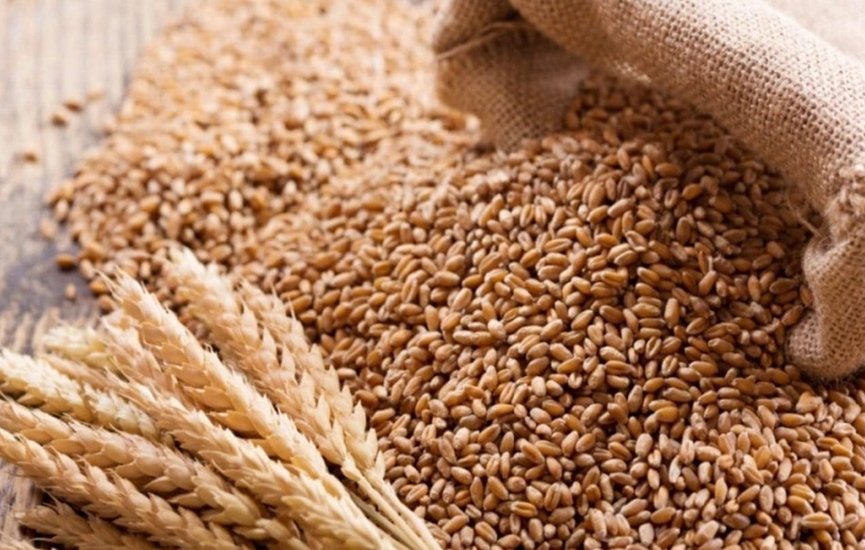Burkina Faso is making bold strides toward agricultural self-sufficiency with an ambitious plan to more than double its wheat harvest, aiming for 6,000 tonnes in the 2025/2026 season. This target reflects the country’s determination to reduce its reliance on wheat imports, which averaged 193,000 tonnes annually between 2019 and 2023, costing approximately 42.5 billion CFA francs (around US$75 million). Since launching its national wheat cultivation recovery plan in 2023, Burkina Faso has emerged as a regional pioneer in large-scale wheat production, a sector that is still in its early stages but showing remarkable promise.
In the 2024/2025 season, wheat cultivation expanded dramatically to 1,342 hectares, a tenfold increase from the previous year’s 125 hectares. To support this growth, the government introduced a wheat seed production program covering 5,000 hectares, laying the groundwork for sustained expansion. The Ministry of Agriculture has outlined plans to bolster farmer support through the provision of certified seeds, fertilizers, plant protection products, and essential equipment for irrigation, harvesting, and post-harvest processing. Training programs aimed at improving production practices and strengthening support networks are also part of the strategy, although the budget for these initiatives has not yet been disclosed.
Complementing these agricultural efforts is a significant investment in local food processing infrastructure. In February, Burkina Faso inaugurated the Moulin Double Star Mill (M2S) in Gampéla, a state-of-the-art facility with a daily production capacity of 220 tonnes of flour and 80 tonnes of bran. Built by the Zidnaba Group at a cost of 15 billion CFA francs (US$23.6 million), the mill was commissioned in the presence of President Ibrahim Traoré and is expected to play a crucial role in reducing the country’s dependence on imported flour. This development aligns with the government’s broader vision of enhancing food security and promoting industrial self-sufficiency.
Despite these advances, the projected wheat output will still meet only a fraction of national demand, underscoring the scale of the challenge ahead. Transforming wheat production into a cornerstone of food sovereignty will require sustained investment, innovation, and collaboration across sectors. Nevertheless, Burkina Faso’s proactive approach signals a strong commitment to reshaping its agricultural landscape and building a more resilient and self-reliant future.
